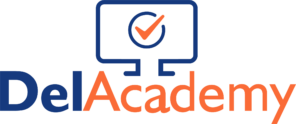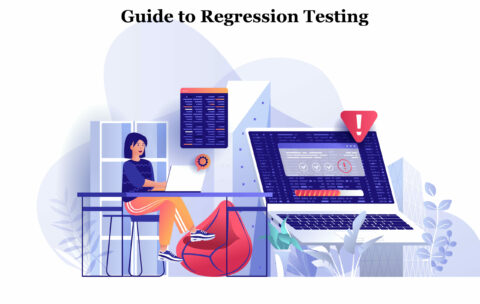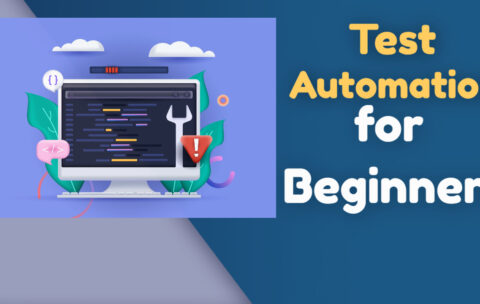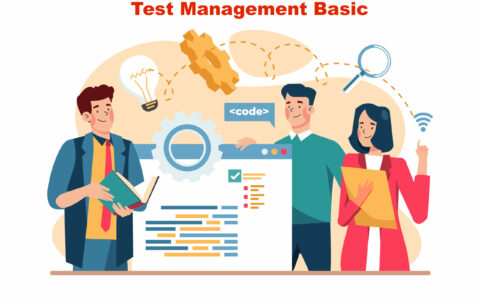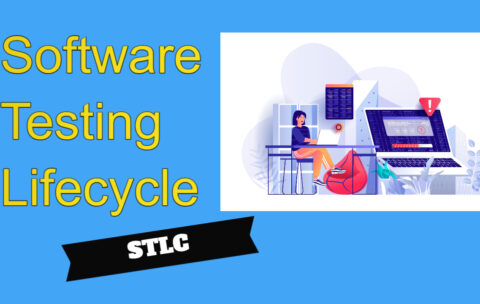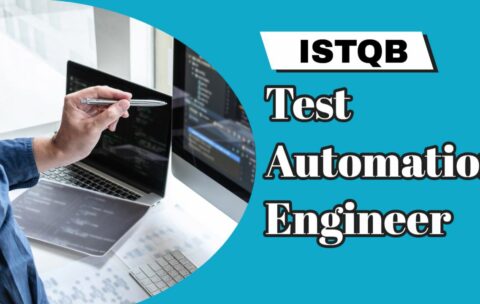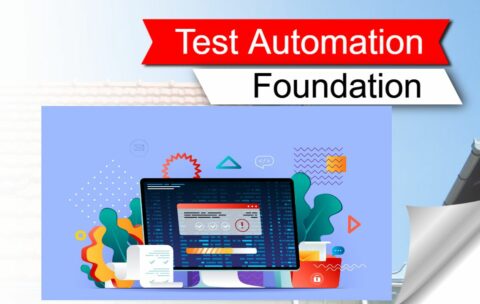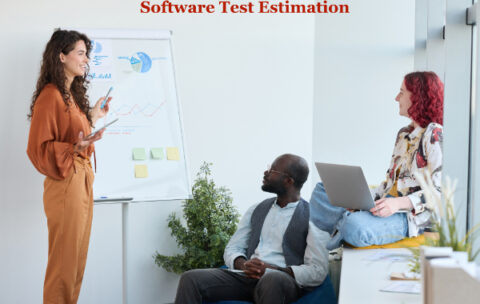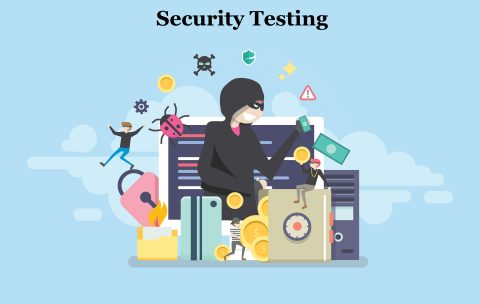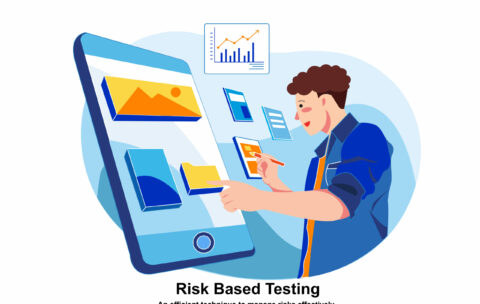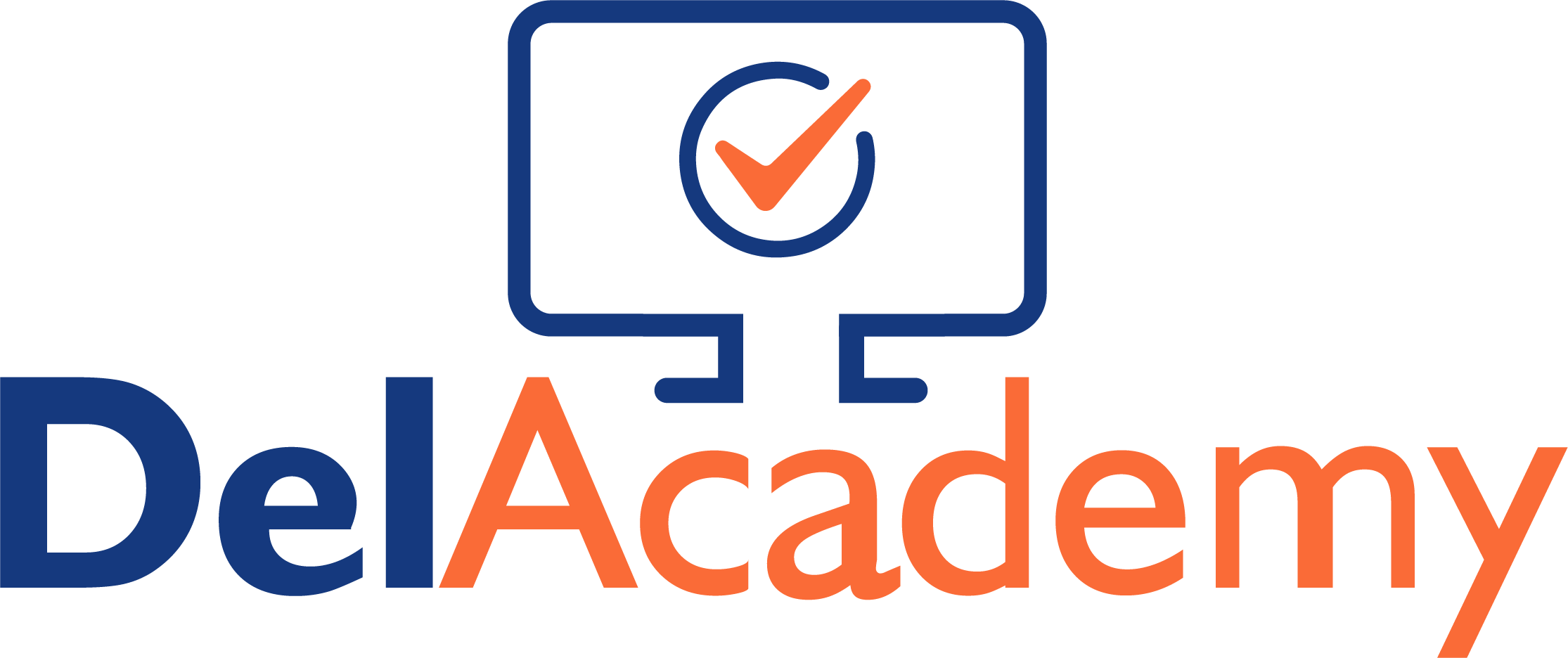Sorry, we can not find any courses for this search.
You may want to check Our Hot Courses:
Regression Testing
What you'll learn
Gain a thorough understanding of regression testing and its procedures.
Obtain practical experience using regression testing tools and methods, including automation.
Understand best practices for regression testing various types of software applications, such as web applications, mobile applications, and desktop applications.
Enhance knowledge of test case selection and execution, as well as debugging and troubleshooting techniques.
Improve the efficiency of the regression testing process and ensure software quality.
Get a hands-on learning experience through lectures and real-world scenarios.
Obtain a certificate of completion that showcases your mastery of regression testing concepts and techniques.
Test automation for beginners
What you'll learn
Get a thorough understanding of test automation and its procedures.
Master the ability to design, implement, and evaluate automated tests for different types of software applications.
Gain practical experience using popular test automation frameworks and tools, such as Selenium, Appium, and Cypress.
Develop skills in identifying and fixing defects in automated tests.
Learn best practices for test automation, such as test automation architecture, test data management, and test reporting.
Improve knowledge of test automation frameworks and tools, as well as debugging and troubleshooting techniques.
Get a certificate of completion that showcases your mastery of test automation concepts and techniques.
Test Management basic
What you'll learn
Acquire a thorough understanding of the test management process and its procedures.
Master the ability to plan, design, execute, and report on testing activities.
Develop skills in identifying and mitigating risks in the testing process.
Improve knowledge of test management tools and techniques, including defect tracking and reporting.
Earn a certificate of completion that showcases your mastery of test management concepts and techniques.
Software Testing lifecyle Testing
What you'll learn
Acquire a thorough understanding of the software testing lifecycle and its procedures.
Master the ability to design, perform, and evaluate tests for different types of software applications.
Gain practical experience using software testing tools and methods, including automation.
Develop skills in identifying and fixing defects in software applications.
Learn best practices for testing various types of software applications, such as web applications, mobile applications, and desktop applications.
Improve knowledge of test case design and execution, as well as debugging and troubleshooting techniques.
Enhance the efficiency of the testing process and ensure software quality.
Receive a hands-on learning experience through lectures, and real-world scenarios.
Earn a certificate of completion that showcases your mastery of software testing concepts and techniques.
ISTQB Test Automation Engineer
What you'll learn
Prepare for the ISTQB Advanced Level - Test Automation Engineer exam
Understand the tasks of a Test Automation Engineer (TAE) in designing, developing, and maintaining test automation solutions.
Learn the concepts, methods, tools, and processes for automating dynamic functional tests.
Learn the relationship of automating dynamic functional tests to test management.
Learn the relationship of automating dynamic functional tests to software development processes and quality assurance.
Learn general applicable methods across variety of software lifecycle approaches (e.g., waterfall, agile, sequential, incremental, iterative).
Gain practical experience using test automation tools and methods, including Selenium, JMeter, and QuickTest Pro.
Develop skills in identifying and fixing defects in software applications using test automation.
Learn best practices for testing various types of software applications, such as web applications, mobile applications, and desktop applications, using test automation.
Test automation foundations
What you'll learn
Understand the principles and best practices of test automation
Learn how to identify and select appropriate automation tools and techniques
Create and maintain automation scripts for different types of software applications
Analyze test results and identify and report defects effectively
Apply testing best practices for different types of software applications, such as web applications, mobile applications, and desktop applications
Improve the efficiency and effectiveness of the testing process and ensure software quality.
Functional Testing
What you'll learn
Acquire a thorough understanding of functional testing and its procedures.
Master the ability to design, perform, and evaluate functional tests for different types of software applications.
Gain practical experience using functional testing tools and methods, including automation.
Develop skills in identifying and fixing functional defects in software applications.
Learn best practices for testing the functional aspects of various types of software applications, such as web applications, mobile applications, and desktop applications.
Enhance the efficiency of the functional testing process and ensure software quality.
Receive a hands-on learning experience through lectures and real-world scenarios.
Software Test Estimation
What you'll learn
Recognize the significance and aim of software test estimation in the software development life cycle.
Acquire knowledge of various estimation methods, including expert judgment, analogy, bottom-up estimation, function point analysis, use case points, and mathematical models.
Ability to gather and analyze project requirements and identify the type of testing and resources needed.
Develop competency in using the chosen estimation technique to determine the effort required for testing.
Knowledge of how to address uncertainties and risks during the estimation process and make informed decisions based on the estimates.
Learn to develop a comprehensive test plan with schedules, budgets, and resource assignments and monitor the progress of testing activities against the plan.
Familiarity with tools and templates to support software test estimation such as spreadsheets, project management software, and estimation calculators.
Understanding of how to use these tools effectively to increase the accuracy and efficiency of software test estimation.
Security Testing
What you'll learn
Find every kind of online vulnerability, exploit it, and take mitigation measures. Using best practises, secure any future applications you develop.
Learn Penetration Testing from beginning to become a master in web security and bug bounty hunting.
Taking Advantage of Systems' Known Vulnerabilities
Bug Hunter and the Burpsuite Tool
HTML Injections
Command Injection/Execution
Cross Site Scripting - XSS
SQL Injection
Brutefroce Attacks
Broken Access Control
Security Misconfiguration
Broken Authentication
Risk-based Testing
What you'll learn
To understand the key concepts of risk-based testing and its importance in software development.
To be able to identify, assess, and prioritize risks in software development projects.
To use risk analysis techniques to determine the potential impact of defects and inform testing decisions.
To develop and implement a risk-based testing strategy that considers the identified risks.
To plan and execute risk-based tests effectively, ensuring the most critical aspects of the software are thoroughly tested.
To report and track risk-based testing results and make data-driven decisions about risk mitigation and future testing efforts.
